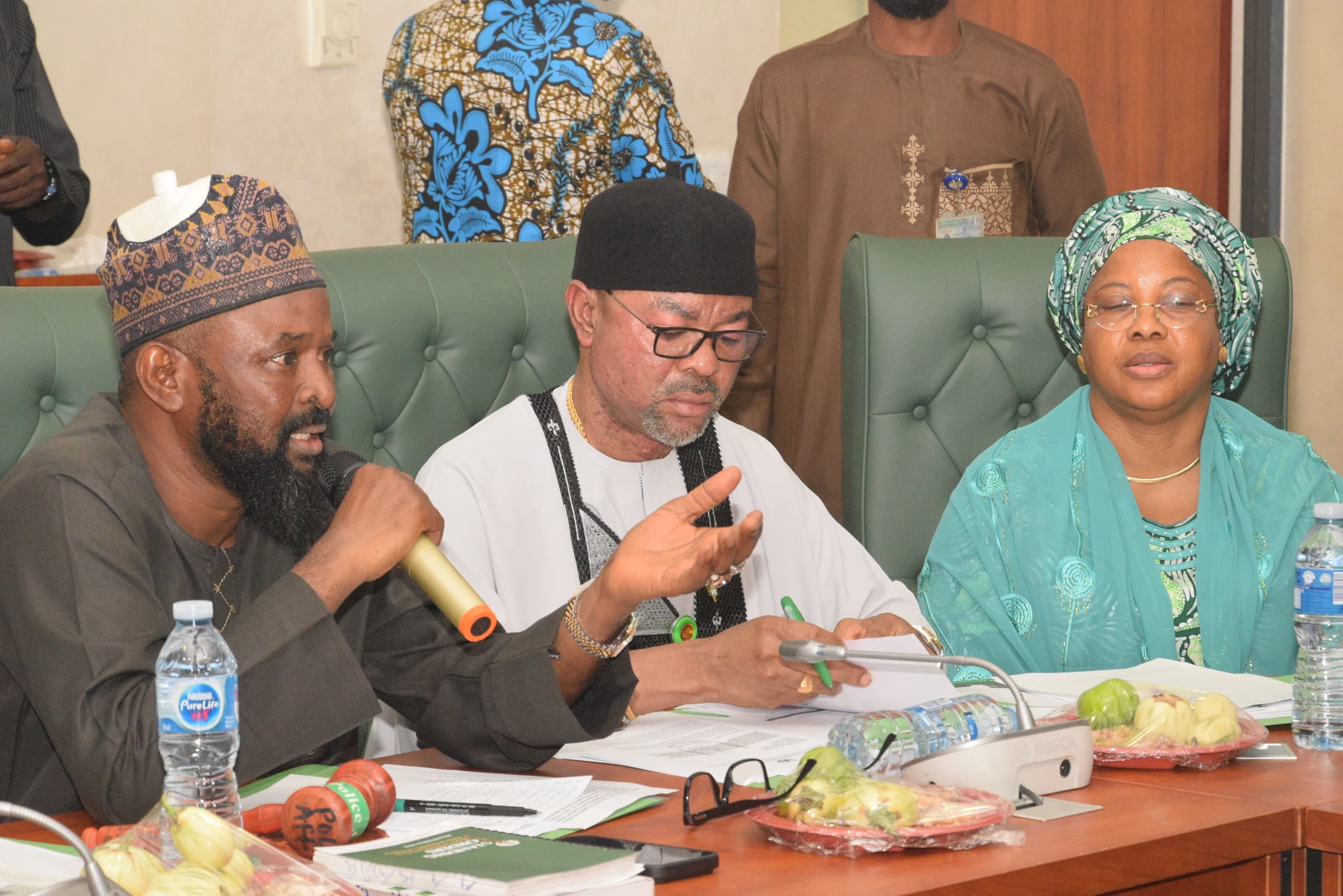ABUJA — The Nigerian House of Representatives has thrown its weight behind a legislative push to mandate at least 15% female recruitment in the Nigeria Police Force, framing the reform as a critical step toward more effective and equitable policing.
Speaking at a public hearing on Monday, Chairman of the House Committee on Police Affairs, Hon. Makki Abubakar Yalleman, underscored the need to end women’s marginalization in the force. “Effective policing demands stronger female participation,” he said, highlighting the bill’s aim to foster a gender-responsive framework across recruitment, training, postings, discipline, and marital policies, including a dedicated monitoring unit.
Yalleman argued that elevating female enlistment beyond symbolism would yield tangible benefits, especially in addressing domestic abuse, sexual violence, and crimes impacting women and children. The proposal aligns with the 10th Assembly’s agenda under Speaker Tajudeen Abbas, positioning it as a pathway to professionalize the force.
The Ministry of Police Affairs endorsed the bill unequivocally, with Okorie Kalu from its Legal Unit calling it “timely and commendable.” The ministry is already advancing reforms to scrap discriminatory barriers, such as pregnancy-related restrictions, while introducing equitable training, revised dress codes, maternity leave, and a Women and Children Protection Centre under the Inspector-General of Police.
Kalu stressed that while the amendment would anchor these changes legally, success hinges on robust funding, ongoing training, and enforcement mechanisms. He noted complementary initiatives, including integration of the NPF Gender Policy, grievance redress systems, and structural tweaks to the Inspector-General’s office for human rights and internal affairs.
Speaker Abbas, represented by Hon. Nnamdi Ezechi, echoed the sentiment, portraying the bill as a quest for justice and diversity rather than mere gender parity. He decried decades of underrepresentation that have stifled talent and eroded trust, citing international data linking female officers to reduced use of force, better handling of gender-based violence, and elevated public confidence.
The reforms dovetail with Nigeria’s constitutional imperatives and global pacts like the Convention on the Elimination of All Forms of Discrimination Against Women (CEDAW) and Sustainable Development Goal 5 on gender equality. Yet Abbas cautioned that laws alone suffice not; the bill’s proposed tracking unit is vital for accountability, urging collaboration across government, civil society, and security entities.
Stakeholders, including women’s rights advocates, civil society, police brass, and experts, lauded the hearing as a pivotal move to modernize the force. Kalu, reaffirming the ministry’s commitment — personally approved by the Permanent Secretary — quipped, “Anything that supports women’s visibility… why not? This will make them happy,” while calling for sustained partnership.
If passed, the amendment could reshape a force long criticized for gender imbalances, potentially setting a precedent for inclusivity in Nigeria’s security architecture. The committee continues deliberations, with proponents optimistic about bridging rhetoric and reality through measurable progress.

